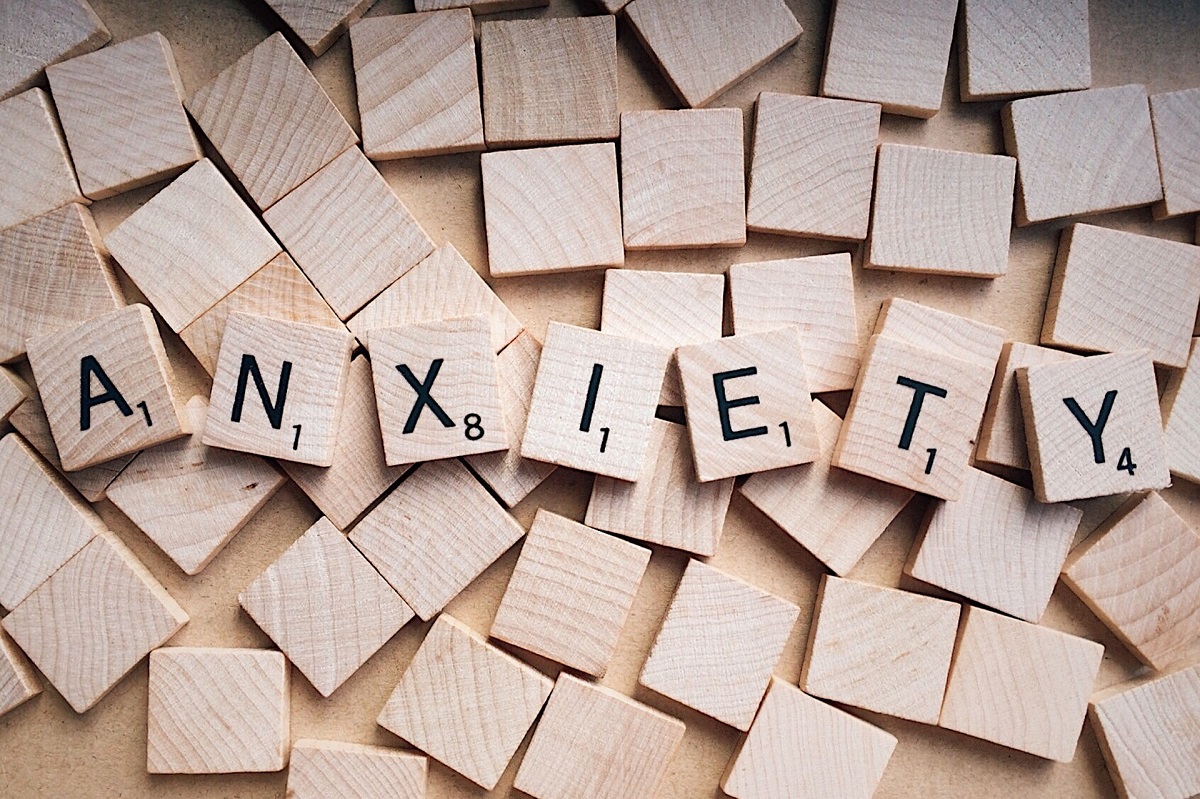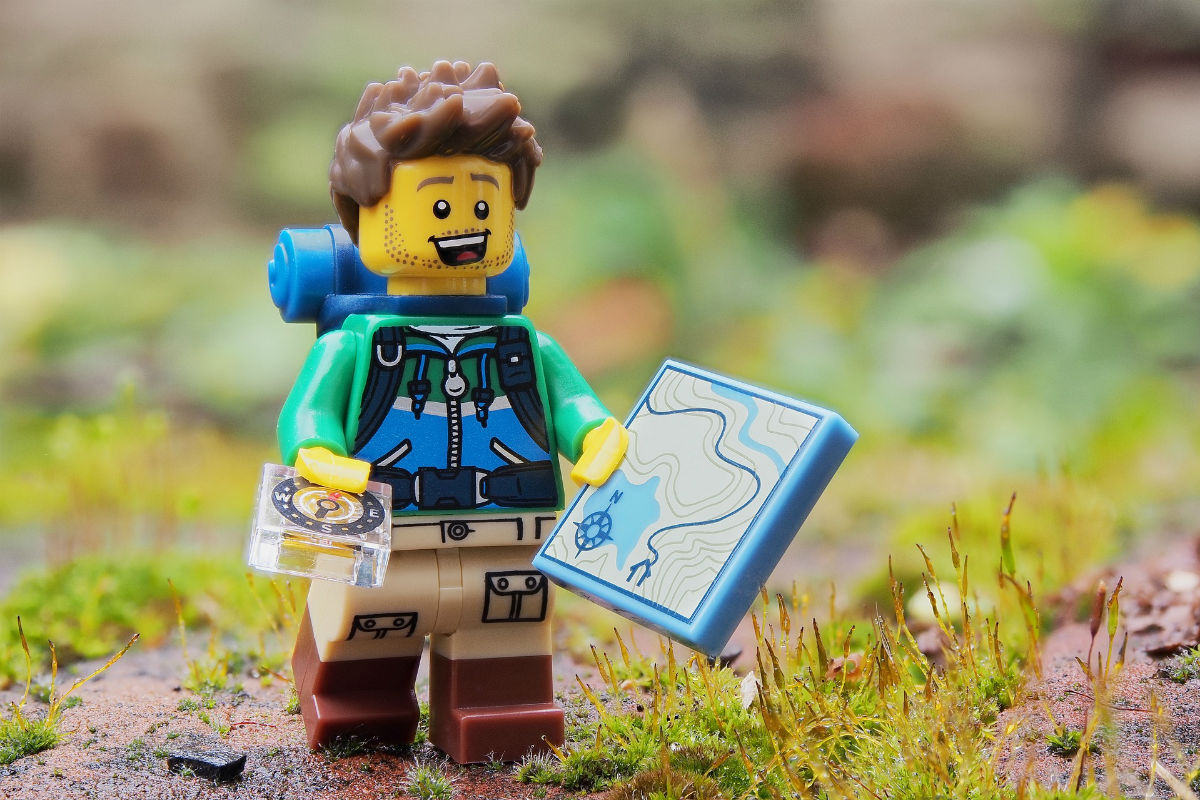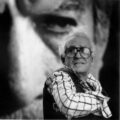
Panic attacks are brief but really frightening moments, which may seriously compromise the psychophysical well-being of those who suffer them. The disease is common, and at least one out of three people experiences them at least once in his life. However, there is a good news: with determination, and perhaps with the help of a qualified external aid, it is possible to heal within a few months. But is there any way to improve symptoms in the immediate future? Here is the advice of psychologist and psychotherapist Giovanni Porta.
A common disease
Panic attacks are a very common disease: 3.5% of the the world population suffers from them. Over the course of one’s life, one individual out of three experiences at least one episode of panic or anxiety in the form of an attack without there being chronicization. According to recent surveys, almost 10 million Italians suffer from it systematically.
Women are more at risk, but men are not free and, sadly, teenagers are also increasingly confronted with this disease. In 30-40% of people it disappears spontaneously. In another 30%, there is remission with specific therapy, but there may be some relapses. For another 30%, longer therapy is needed.
Symptoms
“Usually, panic attacks begin with some physical symptoms,” explains psychotherapist Giovanni Porta. “The heart starts to strike hard, you feel unable to breathe enough, as almost to suffocate; you feel strange, almost not yourself, the limbs can be numb and you may feel chest pain. The more the physical symptoms become intense, the more anxiety and fear grow, becoming true terror: you are afraid of dying, of going crazy or never returning to normal. These are moments that last for ages, and leave deep marks even once they’re over. In fact, those who suffer from panic attacks often begin to live in the terror that they might come back, fueling a vicious circle of “fear of the fear” that drives the person to hide in a protected, well-known, well-known and safe place. “
Those who are suffering from it initially try out some self-defense strategies, so that they no longer fear. It begins with avoiding the places where the attack has occurred, seriously compromising social life and everyday routines. This form of agoraphobia is the most common consequence of panic attacks, but often you don’t feel safe in your home either and you end up living in an eternal expectation that those episodes will resume.
How to heal?
The healing process is not easy, of course. Commitment and determination are needed, but often the willpower alone is not enough and it is useful to undertake a path led by a special therapist that can last several months. In the immediate aftermath, however, some defense strategies can be put in place to ensure that attacks are less traumatic. Here are the advice of the psychologist:
- Learn to know them, become aware of the various stages (onset, peak, decreasing) and the fact that they are not deadly or infinite. Learn to observe them as you see an annoying storm, knowing it will end and, thanks to that conviction, try to cope with them. To improve the ability to observe your feelings with some detachment, it may be useful to learn the basics of meditation. There are people who also have several daily attacks. It is essential in these cases to learn to recognize them and let them pass.
- Understand that panic attacks are just a symptom, and therefore are not the real problem. The real problem is what causes them: act on it by building achievable goals. Ask a professional help if needed.
- When you perceive a panic attack rising, instead of passively experiencing the unpleasant physical feelings you are experiencing, do something concrete: move, walk, or tell a friend what you are experiencing, implement relaxation techniques and try not to be overwhelmed by the situation.
- Engage in artistic-expressive activities: theater, singing, painting, excercising, writing. Whatever makes it possible to give voice to your inner life. Very useful in this sense are the main art therapy, especially theatrical therapy, because it allows to experience in a protected group new ways of behaving.
- Share your problems with your friends and ask them for help when needed, talk to people who have had panic attacks and have solved them and become aware that panic attacks could heal.
Giovanni Porta is a psychotherapist of gestaltic orientation, experienced in nutrition and theatrical therapy. He lives and works between Rome and Milan. For years he has conducted workshops and paths where art is used for therapeutic purposes. Graduated in Psychology at the University of Padua, he subsequently specializes in a Master in “Using Artistic Techniques in Helping Relationships”, has a specialization in Gestalt Psychotherapy at I.G.F. Of Rome, and one in “Theater and Psychiatry”.











